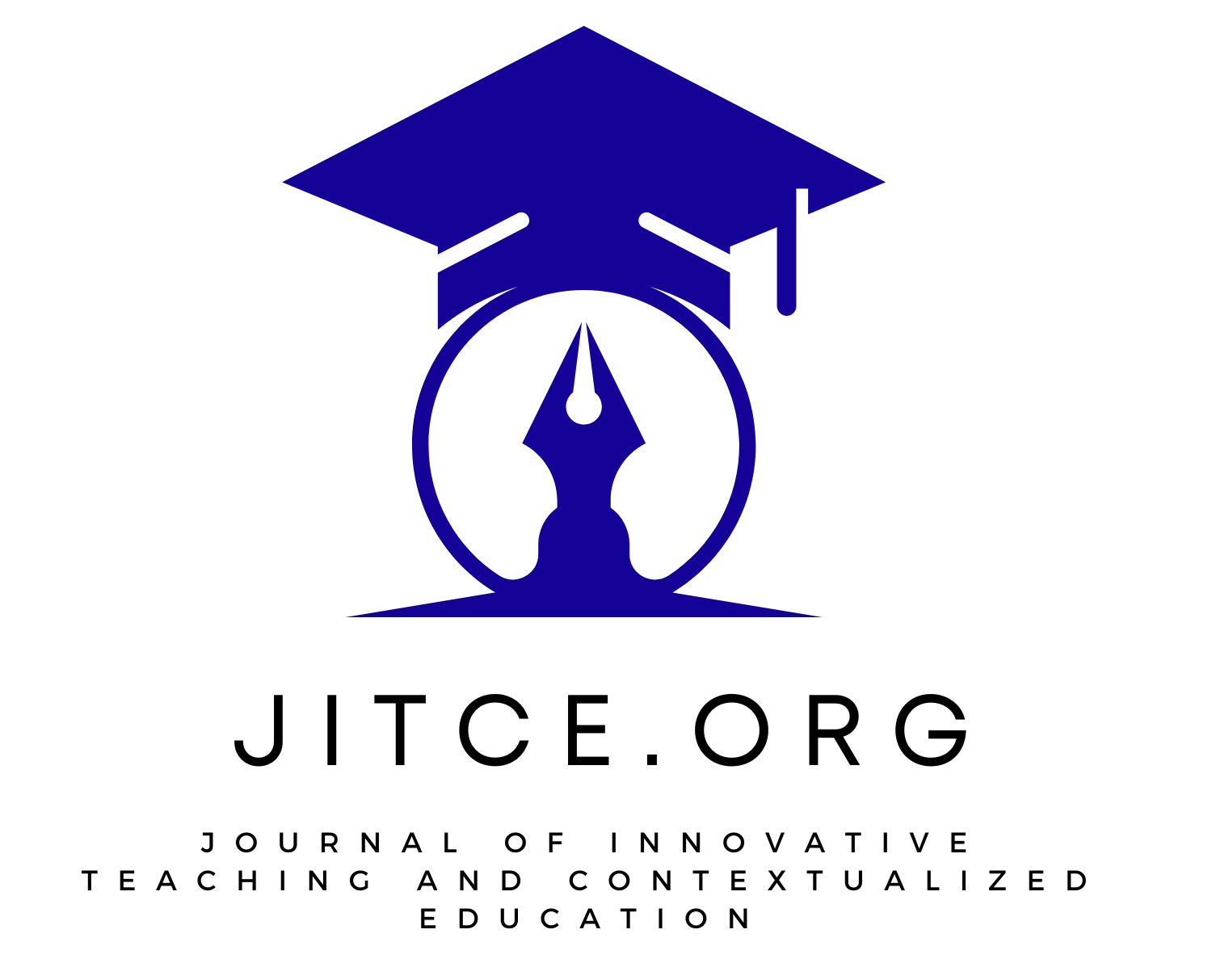All potential authors should consider the following guidelines.
The Journal of Innovative Teaching and Contextualized Education, or JITCE, publishes four types of papers: (a) Teacher’s Notes, (b) Original Articles, (c) Systematic Reviews, (d) Short Communications. Potential authors must consider which type of paper would they intend to submit in the journal. Normally, journals publish original articles since it is this type of academic publications that have points for promotion. For purposes of disseminating faster other non-original articles, potential authors may submit teacher’s notes, systematic reviews, and short communications. These papers are defined as:
a. Teacher’s Notes. This would refer to any paper that aims to document how an educational theory, principle or theory has been observed by a teacher in a classroom setting at a certain period of time. The ‘Notes’ should be a personal observation or insights by the teacher, school head, supervisor, and other educators. For this Journal, this would normally be an ‘Invited Paper’ where authors in the field with proven track record are invited to share their insights. For the format, click me.
b. Original Articles. This would refer to any paper that aims to disseminate information on a certain topic in a capsulized form from the rationale up to the conclusions. The articles are considered original when the researchers have collected primary (and/or secondary data) to address a specific case on innovative teaching or contextualized education. For this Journal, submission of original articles is open to all teachers and other educators. For the format, click me.
c. Systematic Reviews. This would refer to an article which synthesizes findings of previous studies on a certain topic directly or indirectly related to innovative teaching and/or contextualized education. These systematic reviews aim to provide an overview of a prevailing educational issue so that teachers and educators are guided on how wide and deep have researchers known so far and what else is not yet explored. For the format, click me.
d. Short Communications. This would refer to a finding or sets of finding extracted from a larger study (previous study or an on-going study) that deserves a much faster dissemination in the educational community. For this Journal, short communications would include findings of action research done by teachers that focus on classroom interventions, enhanced policies, and the like. For this format, click me.
2. Potential authors must submit their papers, regardless of paper types, to the online submission of the JITCE. They would need to register before they could submit their paper. To register, please click here. Or, submit papers at manager@jitce.org.
3. Once the submitted paper is received, it will be sent for review to determine whether the paper is within the scope of the journal. If it is within the Scope of the journal, it is sent for Review. Otherwise, it is rejected. Authors will be notified of Review and Rejection. Normally for this Journal, this would take 2 days processing time. Review is double-blind.
4. When asked for revision, the authors must abide with the recommendations on the manuscript. And, submit the revised draft to the same email. Label the file with ‘Revised_(Title of Paper)’.
5. You will be notified whether the paper is already accepted or will still need other revisions. No paper submitted in this Journal, which began the Review stage, will be rejected later on. All papers that underwent the Review Stage will be published depending on the time the authors have complied with all the revisions.
6. Accepted papers will be checked through plagiarism software. Only papers with similarity check of 25% and below will be published immediately. Otherwise, the papers will be re-sent to the authors for revisions.
7. For Volume 4 and onwards, this Journal shall charge 10 USD for every accepted paper and is payable before its publication. However, accepted papers will be published already as ‘Online First’ even without payment. When payment has been made, then the paper is published in the appropriate Volume No, and Issue No, with the journal paper format.
